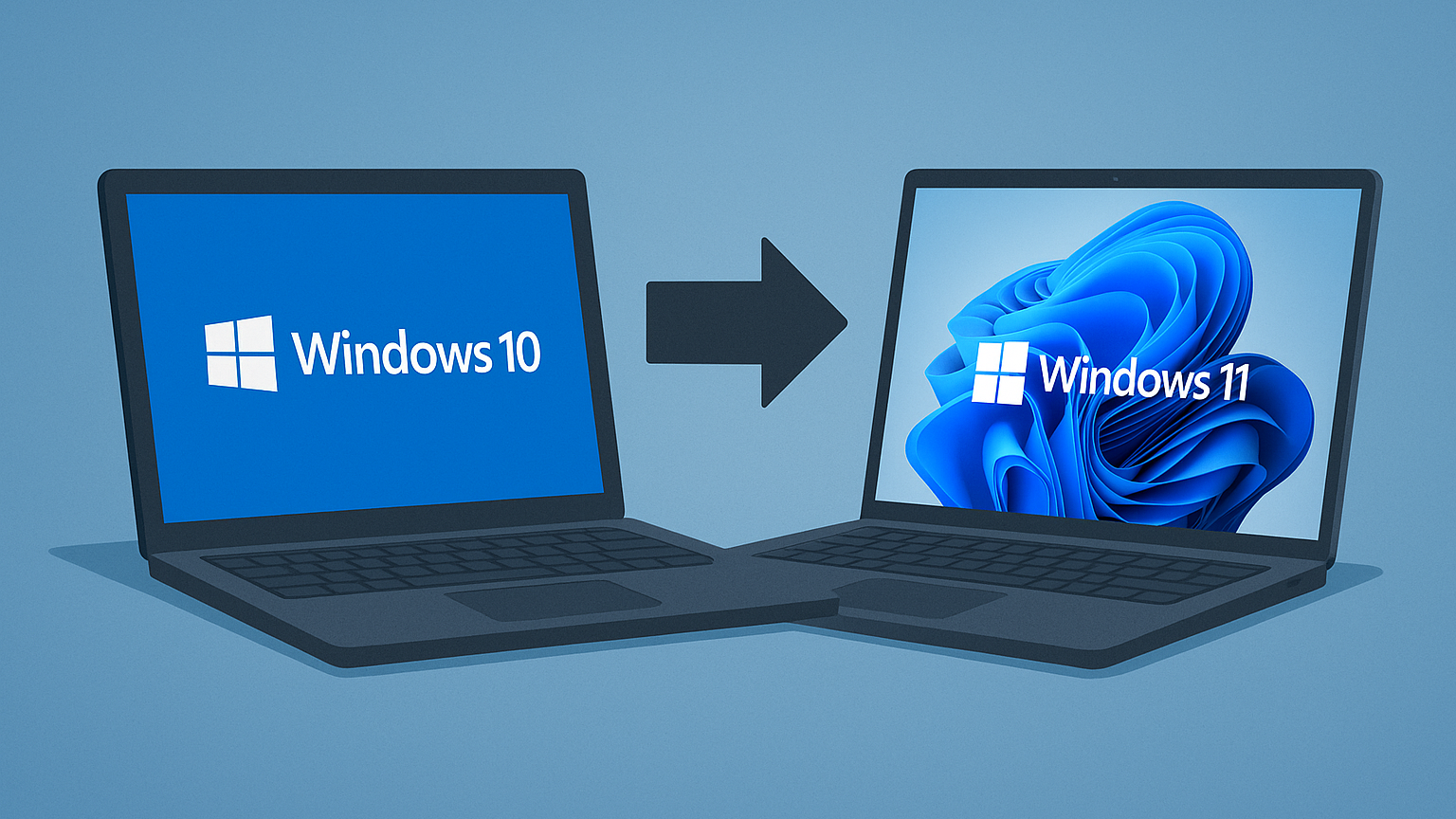Because of the pandemic, there have been some notable economic changes and trends around the buying and selling of MSPs and technology firms. Lending practices have tightened, buyers are buying but more cautious, and the end of 2020 brought a flurry of M&A transactions at a pace we’ve not seen before. Even though there’s some nuances to be aware of, the predicted growth for the MSP and tech market in 2021 is very strong for multiple reasons.
Here’s five of the most important financial trends in 2021 and beyond that will impact your tech business.
- IT buyers are more cautious but still buying
M&A activity grew during Q4 2020 despite the pandemic. And while buyers of MSPs and tech firms are being more cautious than in previous years, they’re definitely active in seeking companies to acquire. This same cautiousness is also impacting the structure of transactions, with 80% cash instead of the typical 50% to 60% of years past.
Speaking of buyers, here are some relevant (and surprising) stats:
- There have been more than 150 M&A deals listed so far in 2021.
- There were 530+ mergers and acquisitions in 2020.
- Technology M&As happened across all tech mediums involving MSPs (managed IT services providers), IT consulting firms, cloud integrators, and ISVs (independent software vendors).
- Private equity moved into the IT market
Private equity (PE) firms really moved into the IT services space in 2020, and that trend is likely to continue in 2021 and beyond. PE firms with smaller portfolios jumped into IT services more in the second half of 2020, with a rapid acceleration of transactions. Many investors and PE firms are taking an approach of eagerly awaiting (with great hope and some anxiety) to hear from the Federal Reserve’s policy committee after periodic meetings, as well as anticipating changes to the tax component to mergers and acquisitions/valuations. Even with the rapid acceleration of transactions, most PE firms are anticipating changes with the Biden administration.
- Financial and tax fundamentals haven’t changed, but details have
Access to capital continues to be inexpensive because of interest rates. It’s a seller’s market today, for the most part, so there is increased interest in high cash offers. While the financial fundamentals haven’t changed in how M&A deals are structured, IT firms are selling sooner rather than later because of tax implications expected from the Biden administration. For instance, one major notable change is that the capital gains tax (tax that you incur for selling your business) will be equal to the income tax bracket you’re in. Currently there is (depending on your tax situation) about a 17% difference between capital gains and ordinary income. A rough example is anyone making north of $400k will be taxed higher, with capital gains tax being reflected in that tax bracket. This will be especially true of transactions over $1M.
Here’s some other trends based on the data from the Biden administration’s planned changes:
- Increase the corporate income tax rate from 21% to 28%.
- A minimum tax on high-earning corporations with $100M or more book profits.
- The minimum tax will be structured as an alternative minimum tax, with the corporation paying a minimum of the greater of 15% (allowing for net operating losses and foreign tax credits) or the tax indicated on the usual tax return.
- A minimum tax on corporations with book profits of $100 million or higher.
- Double the tax rate on Global Intangible Low Tax Income (GILTI) earned by foreign subsidiaries of U.S. firms from 10.5% to 21%. This would increase taxation of foreign sourced income of U.S. firms. Biden would also assess GILTI on a country-by-bounty basis and eliminate certain exemptions.
- Create a surtax on corporations that offshore manufacturing/services and create credits for Made in America products.
Buyers and sellers of tech firms should note that the majority of the above actions require a bill to be passed by Congress to implement them. President Biden has also promised to increase enforcement of tax policies already on the books, and increase federal regulation of these policies.
- Mergers are making more business sense because of one important reason
There’s a sense of urgency around partner buyouts. With the tax climate changing, cashouts are going to need to happen in the next two years because 2023 is when we expect to see the tax consequences start to take effect. Mergers are also making more sense because there are ways to merge companies without it being a taxable event. In a perfect world, you want to avoid paying more taxes than you have to.
- Businesses are moving (look at the numbers)
Because of anticipated changes to corporate tax rates, we’re seeing an influx of businesses moving to states that have a low tax base such as Florida, Texas, and even the Dakotas. One of the biggest aspects to owning and growing a tech company is positioning yourself for successful future growth. Consider opening offices or relocating to states that will serve the purpose, especially if growth is your driving goal.
The best 10 states in the U.S. to own and operate a tech firm are Wyoming, South Dakota/North Dakota, Alaska, Florida, Montana, New Hampshire, Nevada, Utah, Indiana, and North Carolina. Conversely, the 10 lowest-ranked, or worst, states are Alabama, Louisiana, Vermont, Maryland, Arkansas, Minnesota, Connecticut, New York, California, and New Jersey.
Planning for the Future IT Industry
There has never been a better time to be in business as an IT owner or tech professional. The data tells us so! However, the biggest challenge for many IT services firms is they fail to focus two and three years into the future to create a company vision and a sustainable business framework. You MUST be able to anticipate both technology and financial trends and complement your existing vision with new strategies that help grow your business.
These strategies include hiring multi-skilled technicians, achieving strong profitability through a proven sales process, and having a focus on organic growth that then leads to growth through acquisition. This might mean that growth comes by adding new staff and new office locations, creating streams of revenue through new channels, or simply revisiting your existing sales and marketing process, including the delivery of said sales and marketing strategy. It should also include changing your service offering, how you sell it, how you onboard it, and how you deliver services.
Without having the foresight to see two to three years ahead, and execute on some of the above strategies, you’ll continue to have growth and profitability problems.
We don’t want that for your IT services business. We want you to create the best value for your firm while moving the needle of growth, year after year, to achieve your goals. Click here to get started.
REED WARREN is CEO, Certified Valuation Analyst (CVA), and Value Builder Advisor at iT Valuations. During his 30+ years working in the IT Services and technology industry, he’s provided business strategy, consulting and M&A services (60+ successful transactions) to over 250 companies across 19 different countries.














